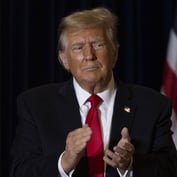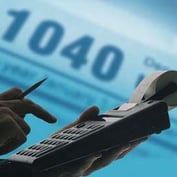(Bloomberg) — In the aftermath of the “Panama Papers” scandal, the U.S. Treasury announced that it would put forward a long-shelved draft rule to compel U.S. banks to identify the people who use shell companies and similar corporate structures when they try to open accounts.
This identification requirement — a “customer due diligence rule” — is a practice common in most of the developed world. The Treasury version would require individuals who own or control 25 percent or more of a corporate entity to disclose their identities to a bank before opening accounts. Doing so would help banks peek behind these complex structures to make sure that they’re not doing business with tax evaders, terrorists, money launderers, drug traffickers or corrupt government officials.
The proposed reform is far from perfect. It doesn’t apply to accounts currently on the banks’ books. Nor does it address other flaws in our system, such as state incorporation rules that make it easy to set up anonymized shell companies in the first place. There are still too many states that require scant information to set up legal entities that can be cloaked in confidentiality.
What’s more, although the United States uses the Foreign Account Tax Compliance Act (FATCA) to demand detailed information from banks across the world that service U.S. customers, it has declined to sign on to the Organization for Economic Cooperation and Development’s tax transparency initiative. Nearly 100 countries and jurisdictions have joined the effort to help other countries detect tax cheats; the U.S. and Panama remain notable holdouts.
The banking industry has argued that the proposed changes would be too expensive to put in place and would threaten legitimate uses of these companies. The American Bankers Association and BAFT, for instance, have claimed that the reform is tantamount to “government imposed financial surveillance through executive fiat” and that it would treat legitimate enterprises “as criminal shell companies until certified to the contrary.”








 April 25, 2016 at 12:55 PM
April 25, 2016 at 12:55 PM









